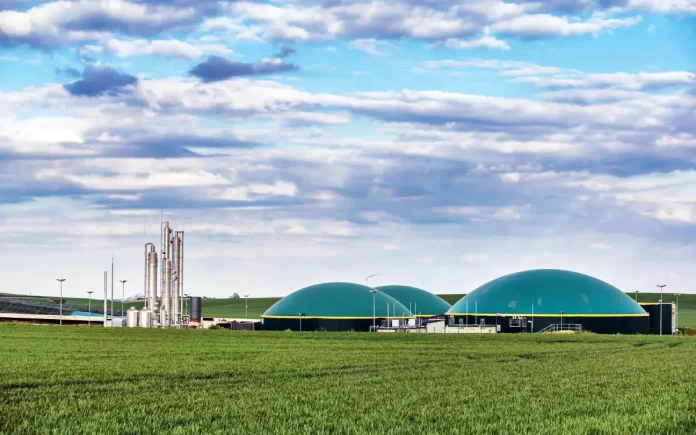New Delhi: The Indian Biogas Association is advocating for a substantial investment of Rs 30,000 crore to procure necessary machinery and equipment for biomass supply to compressed biogas plants, aiming to reduce LNG imports by 12 MMTA.
Chairman Gaurav Kedia emphasized the dual benefits of utilizing agricultural residues like paddy straw for bioenergy production and soil enrichment, rather than burning them. He highlighted the challenges in procurement due to unattractive economics, leading farmers to opt for burning straw instead of selling it.
Kedia stressed the need for government intervention to encourage the adoption of necessary equipment, such as subsidizing combine harvesters capable of efficiently gathering straw. He also recommended additional support for balers and storage units to facilitate efficient transportation and storage.
To address the issue, Kedia suggested releasing operational guidelines for crop residue management, providing financial assistance for procurement of machinery, establishing custom hiring centers, creating a supply chain for crop residue, and promoting awareness on crop residue management.
According to the ASCI study, India produces 754 million tonnes of total biomass and 230 million tonnes of surplus agricultural residue. Kedia proposed prioritizing states with the highest biomass generation for intervention.
An estimated investment of over Rs 30,000 crore is required in these states, facilitating a smooth substrate supply for CBG plants and attracting an investment of Rs 170,000 crore. This investment would aid in achieving green energy goals by saving approximately 12 MMTA of LNG imports.
Kedia emphasized the need for long-term financing options and further incentives to boost domestic production of essential components and reduce reliance on imports. He also stressed the importance of valuing the green component of CBG through tradable certificates.
Finance Minister Nirmala Sitharaman announced financial assistance in the interim Budget to support the biomass supply chain for Compressed BioGas (CBG) and phased mandatory blending of CBG with natural gas, aligning with the goals of the Panchamrit initiative.



